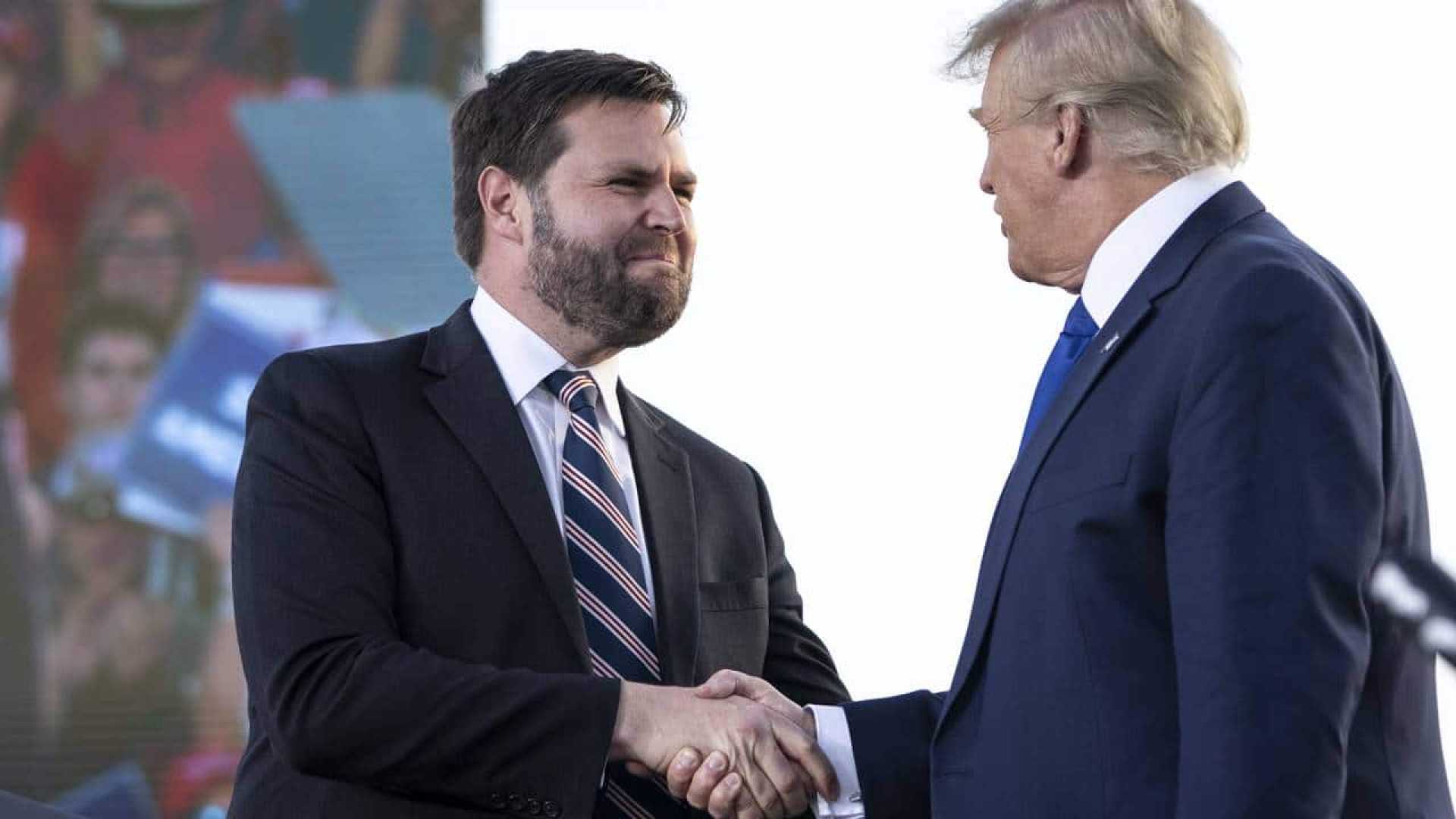Politics
J.D. Vance and Niall Ferguson Clash Over Ukraine War Comments

WASHINGTON, D.C. — Tensions ran high this week as Vice President J.D. Vance criticized historian Niall Ferguson, accusing him of spreading “moralistic garbage” regarding U.S. foreign policy and the ongoing war in Ukraine. The exchange came during intensified discussions surrounding President Donald Trump’s role and comments related to Ukraine’s struggle against Russian aggression.
Vance’s remarks were made public after Ferguson responded to Trump’s criticisms of Ukrainian President Volodymyr Zelensky, which included claims that Ukraine initiated the conflict with Russia. Ferguson, a senior faculty fellow at Harvard, condemned these assertions and called for negotiating peace rather than escalating tensions.
“Wars are easy to start and hard to end,” Ferguson wrote. He argued that Trump’s strategy could backfire if the U.S. does not engage directly with all parties involved in the conflict. Ferguson highlighted a NATO meeting on February 12, where Defense Secretary Pete Hegseth suggested that Ukraine might not regain territory lost since the war began in 2022.
In response to Ferguson’s commentary, Vance defended Trump’s approach, asserting that previous U.S. administrations failed to establish a clear path to victory for Ukraine. He stated, “It is lazy, ahistorical nonsense to attack as ‘appeasement’ every acknowledgment that America’s interest must account for the realities of the conflict.” Vance emphasized that the U.S. retains significant leverage and urged for diplomatic efforts that align with national interests.
Former Congresswoman Liz Cheney weighed in on the debate, sharply criticizing Vance on social media. Cheney called his comments “ignorant” and “ahistorical,” referencing a quote from Ronald Reagan about the fragility of freedom. She expressed concern that Vance’s stance jeopardizes America’s standing as a champion of democracy.
The debate escalated further when Trump lambasted Zelensky in a lengthy post on Truth Social, claiming the Ukrainian leader mismanaged American aid. Trump has previously stated that he might negotiate peace with Russian President Vladimir Putin, raising eyebrows among critics who fear any rapprochement could undermine Ukraine’s sovereignty.
Natan Sharansky, a former Soviet dissident, condemned Trump’s rhetoric, advocating for a supportive stance towards Ukraine. He remarked, “President Trump’s statement is alarming and does not comply with common sense,” reinforcing the importance of backing Zelensky in the ongoing conflict against Russian imperial ambitions.
The clash between Vance and Ferguson underscores the broader divide within the Republican Party over foreign policy, especially regarding the U.S. involvement in Ukraine. With key elections approaching, how these leaders navigate their positions could significantly influence the party’s approach to global conflicts.












